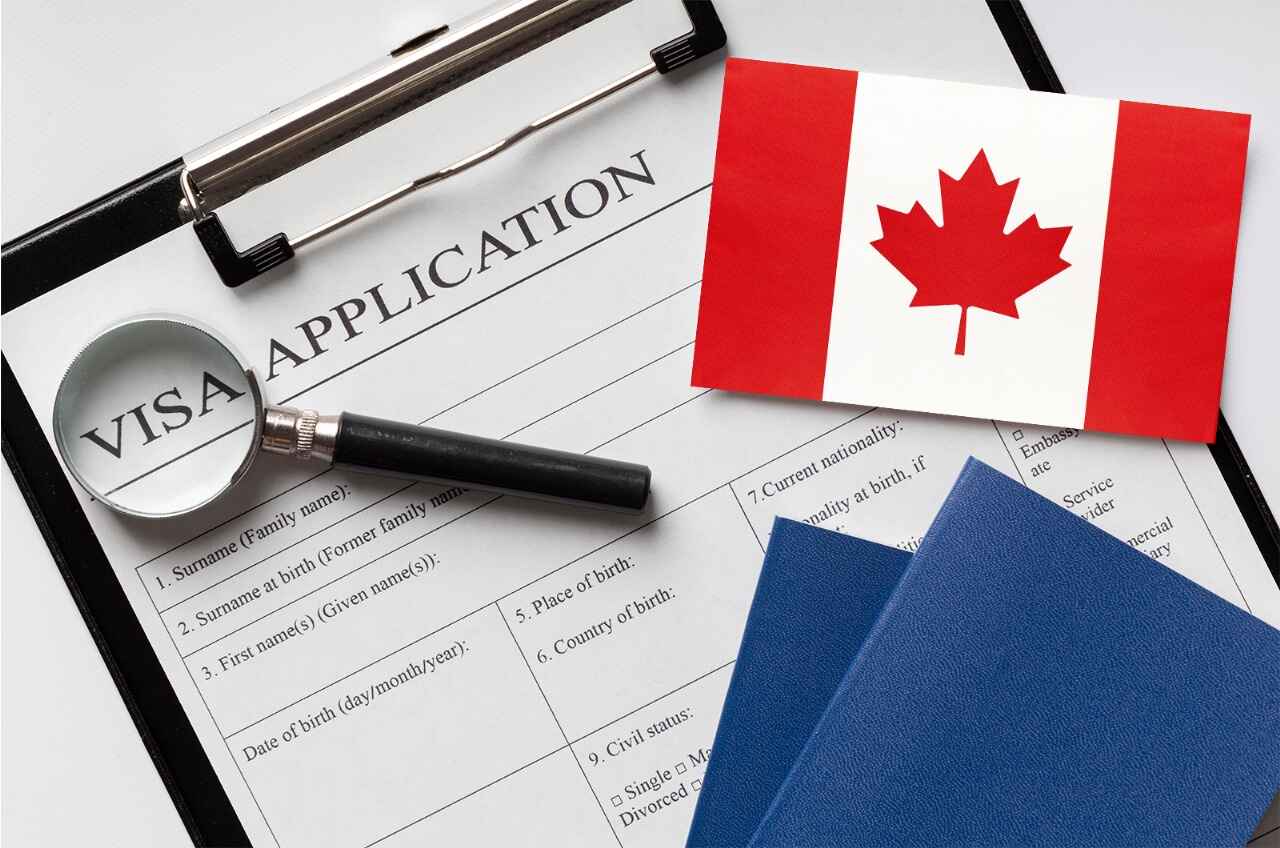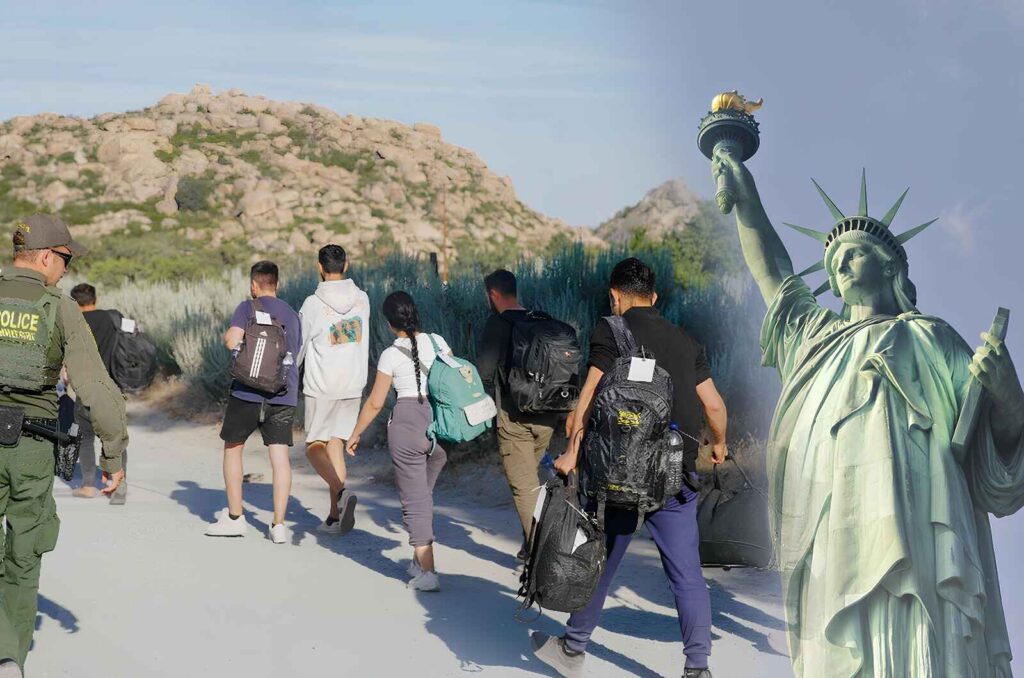In the past two years, opportunistic operators have exploited Canada’s visa system, tarnishing the entire industry’s reputation. Canada’s visa approval rate was nearly 100%, which led many to flock to the industry as consultants, eager to profit from the influx. While there is nothing inherently wrong with that ambition, had the industry been approached with more integrity and professionalism, it would be in a far healthier state today.
Many of these “overnight operators” exploited the tourist visa route, misinforming clients about its purpose. As a result, many individuals who trusted this advice now find themselves unable to apply for any visa at all. This highlights the dangers of seeking shortcuts and easy solutions, rather than following a transparent and legitimate path.
These so-called “operators” took advantage of loopholes, particularly around the Canada-US border. But can such people truly be called education consultants? The answer is no. As soon as Canada tightened its regulations, these operators quickly shut down their businesses and disappeared, leaving countless people stranded.
Now, a shocking new investigation has brought to light the full scale of this exploitation. The Enforcement Directorate (ED) of India has uncovered a disturbing network of human trafficking, money laundering, and fraudulent visa practices. At the heart of this investigation are Canadian colleges, several Indian entities, and a tragic event that has left the world reeling — the deaths of a four-member Indian family who perished from extreme cold while attempting to cross the Canada-US border illegally in January 2022.
This case is a tragic reminder of the dark side of immigration consulting and the unscrupulous individuals who prey on vulnerable people seeking a better life. The victims in this case were lured with promises of a new future in the United States, only to face a deadly gamble at the border. Their fate highlights the human cost of illegal immigration and the dangers of trusting dishonest operators.
The Investigation and the Human Toll
The Enforcement Directorate is investigating individuals and their associates for running a human trafficking operation. They helped people obtain Canadian student visas, only to have them illegally cross into the US instead of studying. Students paid hefty fees (₹55-60 lakh), which were refunded after they crossed the border. Thousands of agents, especially in Gujarat, were involved in this scheme, with two entities in Mumbai and Nagpur sending thousands of students abroad under false pretences, masking illegal migration as education consulting.
A Wake-up Call for Students and Families
This case should serve as a wake-up call to all prospective students considering studying abroad. The tragic loss of the Indian family at the Canada-US border is a stark reminder of the dangers of cutting corners in the visa application process. It’s not enough to rely on promises made by slick “consultants” who offer shortcuts and guarantee outcomes. The truth is that when it comes to immigration and visas, there are no easy solutions — only the ethical route, which requires patience, diligence, and adherence to the law.
If you are planning to study abroad, it is essential to choose the best student visa and PR consultant who prioritises your safety, well-being, and long-term success. Ethical and professional consultants follow the proper procedures, provide accurate advice, and ensure that all your documentation is in order. Taking shortcuts might seem tempting, but it can lead to irreversible consequences, including visa rejections, fines, or even deportation.
Students and families looking to study abroad should understand the importance of following a legitimate, ethical path. There is a proper procedure to apply for a visa — one that requires transparency, complete documentation, and above all, honesty. While it may seem tempting to trust quick-fix solutions, it’s crucial to remember that these shortcuts can often lead to devastating consequences. The right way is always the legal way, even if it requires more time and effort. Trusting in the process, seeking guidance from authorised agencies, and following official channels can safeguard both your future and your safety.
The alleged involvement of some Canadian colleges in this human trafficking case raises concerns about the responsibility of these institutions to protect students. Although not all Canadian colleges are involved, the fact that some may have knowingly sent students into illegal situations highlights the need for better oversight and ethical standards in how colleges recruit students.
Also Read: Faking It Won’t Make It: Upholding the Integrity of International Education
The Ethical Way Forward
As we reflect on this disturbing case, it is essential to focus on the importance of ethics in the immigration and education industries. Students should always strive to approach their dreams with integrity, ensuring they follow the correct procedures for obtaining a visa. The dangers of illegal immigration, including human trafficking and exploitation, cannot be overstated.
Moreover, governments and educational institutions must take stronger measures to prevent such illegal activities. They must ensure that international student recruitment is done ethically and that students are fully informed about the legal responsibilities and risks involved in studying abroad.
If you are considering studying abroad, ensure that you engage with the best student visa and PR consultant who can guide you through the entire process with honesty and professionalism. Choosing an ethical consultant ensures you follow the right legal steps, avoiding the pitfalls of illegal shortcuts that can jeopardise your future.
As this case unfolds, it is a sobering reminder that behind the dream of studying abroad, there is often a complex and dangerous network of exploitation. For the sake of the students’ futures, we all must take a stand for ethical practices in the education and immigration industries.
Let this tragedy be a call to action — to reform, to regulate, and most importantly, to protect the most vulnerable among us. The ethical path may be harder, but it is the only one that guarantees safety, success, and dignity.


